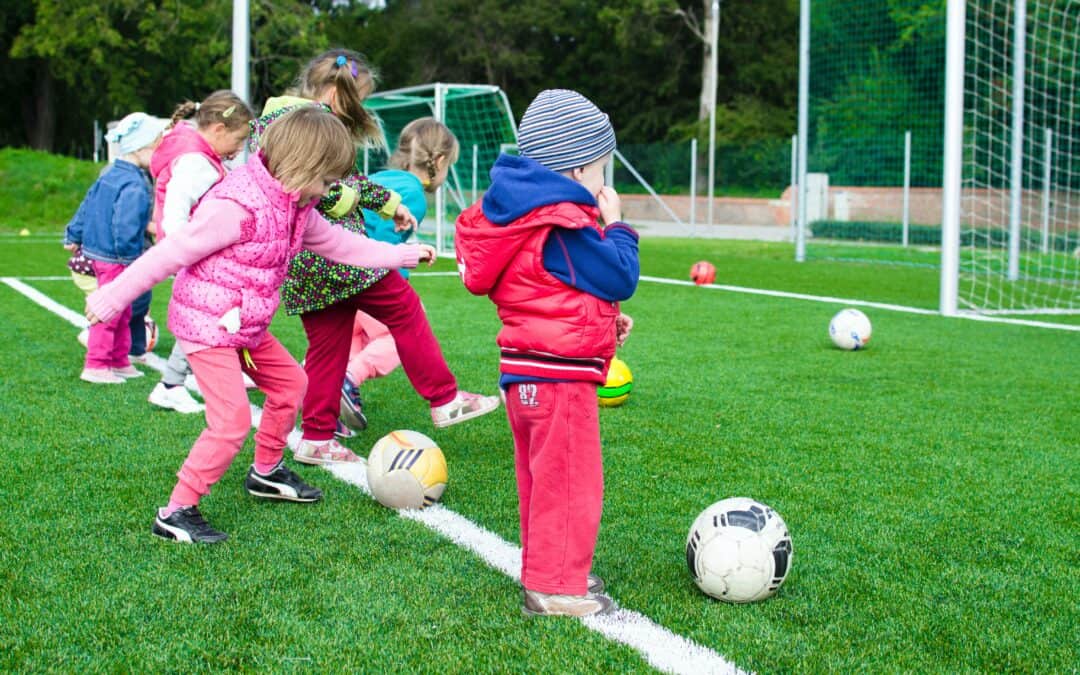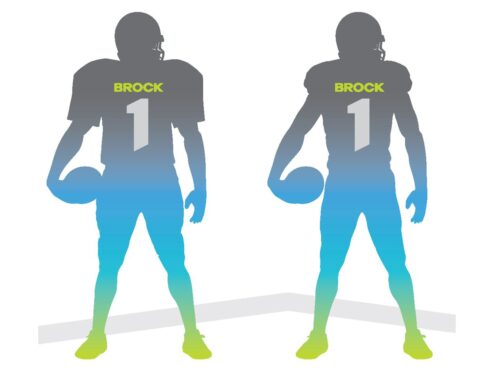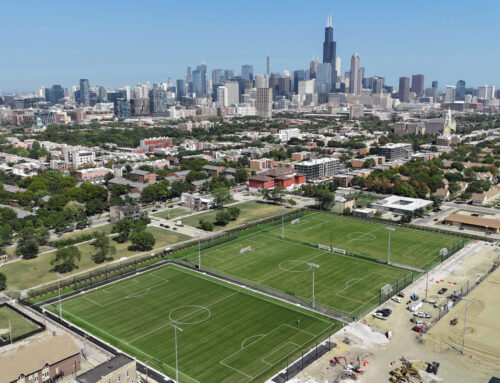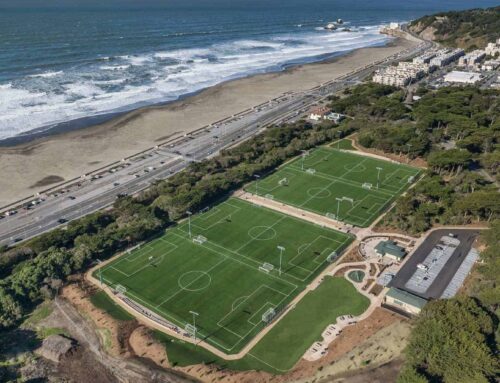Created by school psychologist Alberto Gamarra, PhD, SYM is primarily focused on providing concussion awareness education and baseline assessments of cognitive, neurological, and balance functioning in the hopes of preventing unnecessary risks to student-athletes who sustain brain injuries that often go unrecognized and untreated. Here is our Q&A with Dr. Gamarra:
Q: How does Saving Young Minds make a difference in helping young student-athletes protect their minds from your perspective as a school psychologist, especially in light of the growing concussion crisis?
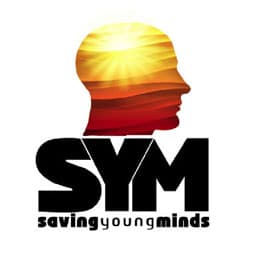
A: What I have learned during the past three years is that there is very little “profession-wide” understanding of this area. In creating this organization, I have been able to use my credibility as a psychologist to draw the connection between sports-related concussions and academic performance. We’ve only just begun to get the word out, and it has been an uphill struggle to get organizations and parents to listen. Saving Young Minds provides a different platform, separate from my private practice, where I can play the exclusive role of a student/athlete advocate with no monetary strings attached. It also allows me to present research-based information and opinions impartially to a wider audience and this ultimately moves us closer to our mission of educating and increasing awareness. We want to be a community-based resource for credible and practical information.
Q: Why is it important to look at the issue of sports concussions from the school psychology vantage point?
A: For the first few years I researched the topic of sports-related concussions, the emphasis was on player safety and the return-to-play (RTP) decision. Who makes the call, when, and for how long? The focus population began at the professional level and has gradually trickled down to collegiate and high schools. Just look at the emphasis on the development of the assessment tools; as an example, IMPACT’s computer-based assessment has only been validated as low as age 14, but because they were the first ones out of the gate, they have cornered the market and almost every group uses their product. From my perspective, there are tens of thousands of student-athletes under that age participating in organized sports like soccer, lacrosse, and roller hockey. The recently passed legislation in Florida, where we are located, only requires baseline assessments beginning in high school (age 14), which demonstrates to me a lack of understanding of the available research. This legislation is reactive and has little in the way of preventing injuries by focusing prevention efforts at the earliest ages. For the last two years I have presented at the Florida Association of School Psychologists’ annual conference (FASP) on the role of the school psychologist in managing the return-to-learn (RTL) process for student-athletes, as well as other traumatic brain injured students. As a profession, I felt that there is a disconnect when it comes to involving ourselves with student-athletes and handling their post-concussive returns to academics.
Q: How can others get involved?
A: As a fledgling organization with high hopes and scant resources, we are always in the process of learning and sharing our message. I have developed a protocol for assessments, multiple sport specific presentations (soccer, football, rugby, etc.) and audiences (coach, parent and athlete). We also encourage people to talk to the coaches and directors at their local sports club/league/academy and demand a full presentation and resources from a knowledgeable professional. SYM appreciates site visits and any efforts to support our fundraising and awareness efforts!
To learn more about Saving Young Minds, Inc., visit Saving Young Minds, Inc.

